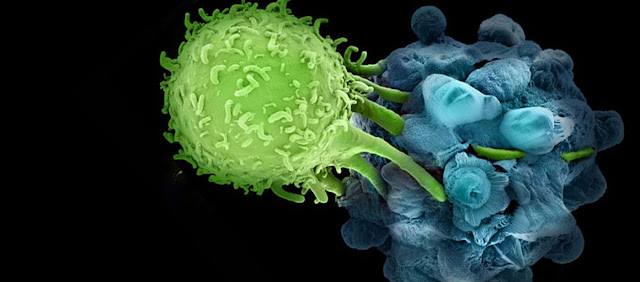 |
| Allergy Immunotherapy Market |
The allergy immunotherapy market is estimated to be valued at US$ 2312.79 Mn in 2023 and is expected
to exhibit a CAGR of 9.3% over the
forecast period 2023 to 2030, as highlighted in a new report published by
Coherent Market Insights.
Market Overview:
Allergy immunotherapy, also known as desensitization or hypo-sensitization,
involves gradually reducing sensitivity to allergens by administering
increasing doses of the substance to which the person is allergic, such as
pollen, pet dander, dust mites, or mold spores. It help provides long-term
relief of symptoms for allergic rhinitis (hay fever) and asthma. Additionally,
it can help reduce the need for medications and may prevent the onset of new allergic
conditions.
Market key trends:
The allergy immunotherapy market is expected to witness high growth owing to
increased healthcare expenditure and new product launches. Leading players are
focusing on developing advanced therapies such as sublingual immunotherapy and
epicutaneous immunotherapy instead of conventional subcutaneous immunotherapy.
For instance, in 2021, Stallergenes Greer launched new high-dose tablet in the
US for grass allergy treatment. Such product launches are expected to drive the
market growth during the forecast period.
Porter’s Analysis
Threat of new entrants: The threat of new entrants is low in Allergy
Immunotherapy market due to high capital requirement and R&D investment
associated with new drug development. Bargaining power of buyers: The
bargaining power of buyers is moderate as Allergen Immunotherapy options are
limited to few established players. Bargaining power of suppliers: Suppliers
have low bargaining power due to the availability of substitutes. Threat of new
substitutes: Threat of new substitutes is high as advance therapies like DNA
based vaccines gaining wide acceptance. Competitive rivalry: Fierce competition
exists among existing players to gain higher market share.
SWOT Analysis
Strength: Wide range of product offerings from major players like Stallergenes
Greer, ALK, and Allergy Therapeutics. Weakness: High costs associated with
Allergy Immunotherapy and long duration of treatment acts as a barrier.
Opportunity: Growing prevalence of allergic diseases globally offers potential
opportunities. Threats: Stringent regulations for approval and risks of adverse
effects pose threats.
Key Takeaways
The global Allergy
Immunotherapy Market Share Size is expected to witness high growth,
exhibiting CAGR of 9.3% over the
forecast period, due to increasing prevalence of allergic diseases worldwide.
North America currently dominates the Allergy Immunotherapy market due to
growing adoption of sublingual immunotherapy. Europe is the second largest
market driven by increasing healthcare expenditure. The Asia Pacific region is
expected to be the fastest growing market owing to rising awareness and
improving access to allergy treatment options.
Key players operating in the Allergy Immunotherapy market are Stallergenes
Greer, ALK-Abello A/S, Allergy Therapeutics, Allergopharma, HAL Allergy Group,
Aimmune Therapeutics, DBV Technologies, Leti Pharma, and Jubilant
HollisterStier. Stallergenes Greer holds the leading position due to its broad
range of allergen immunotherapy products. ALK and Allergy Therapeutics also
have a sizable share in the global market.
Read More,
https://www.newsstatix.com/allergy-immunotherapy-market-trends-size-and-share-analysis/



0 Comments